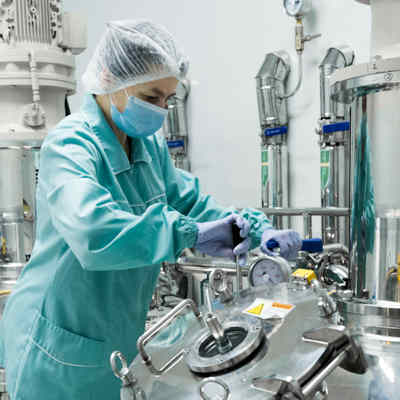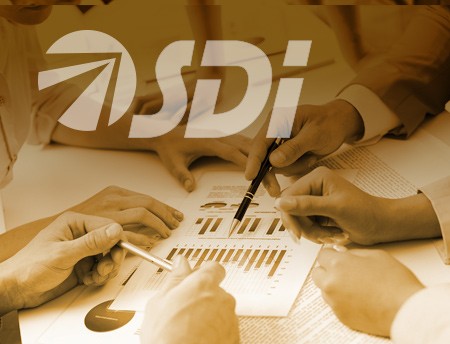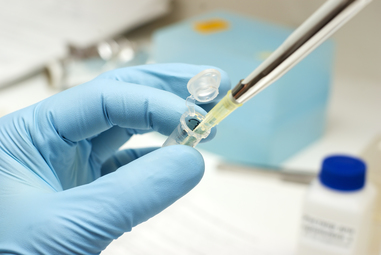Description
BIOPROCESSING INSTRUMENTATION MARKET ANALYSIS
Bioprocessing involves utilizing biological systems, such as cells, cell components, viruses, or entire organisms to produce commercial products. This process consists of two main stages: upstream bioprocessing and downstream bioprocessing. In the upstream segment, the target cell line is isolated, cultured, and scaled up to the desired volume for the final product. The cells are then harvested using bioreactors, which can be either single-use or conventional, depending on the complexity and volume of the organism. The downstream segment involves the later stages of production and involves purifying cells or other organisms collected at the end of the upstream stage to create a final product that meets stringent safety and quality standards. Techniques such as filtration, concentration and chromatography are commonly employed at this stage.
Biologics, the highly complex therapeutic molecules produced by living cells, are expected to significantly overtake small molecules sales over the next five years. Biologics encompass a wide range of products, including vaccines, blood components, gene therapies, recombinant therapeutic proteins, interleukins and more. This shift is driven by the increasing approval of biologics and a focus on manufacturing more intricate drug molecules such as monoclonal antibodies (mAb). Additionally, there is a growing demand for biosimilars to address the high cost of patented large molecule therapies, which are poised to witness explosive growth over the next five years.
The COVID-19 pandemic expedited development timelines, with initial discovery to investigational new drug processes shortened to 3-6 months in some cases, and neutralizing mAbs obtained emergency use authorization within 14 months. Large-scale manufacturing of thousands of kilograms for therapeutic purposes worldwide quickly followed. These achievements highlight the remarkable technological advances in the field. The unprecedented speed achieved in biologics development has transformed the industry and paved the way for further enhancements in reducing manufacturing costs while meeting rising demands. Future growth will be fueled by the adoption of new, smaller facilities that employ continuous processes, single-use systems and sophisticated digitalization and automation coupled with AI tools. These innovations are expected to shape the industry’s trajectory in the long term.
SDi’s 2023 Bioprocess Instrumentation Market observes the market dynamics and specific trends influencing the industry and analyzes their effect on sales growth for instruments and other products employed in bioprocessing. As the leading provider of market research on analytical instrumentation, SDi has crafted this report to evaluate and explain what is currently driving this important market. The bioprocessing instrument market in this report includes bioreactors, cell culture media & supplements, and chromatography. These instruments are categorized into six different technologies that represent the overall market covered in this report.
Report Overview:
Market demand segmented by product type and region along with yearly market forecasts through 2027. The market estimates have been newly updated with 2022 as the base year and estimates are provided for the following techniques:
- Conventional Bioreactors
- Single-Use Bioreactors
- Cell Culture Media & Supplements
- Filtration & Concentration
- Process Chromatography
- Lab Equipment
Summary of recent market developments and dynamics that are shaping our view of the market, including recent business activities.
Vendor share for participating suppliers in each technology category employed by the bioprocessing industry. Some of the top vendors in the overall market are presented below, in alphabetical order:
- Agilent
- Applikon Biotechnology (Getinge)
- Asahi Kasei
- Bio-Rad
- Corning
- Danaher
- Dupont
- Eppendorf
- Hettich
- LabX (Mettler Toledo)
- Lonza
- MilliporeSigma (Merck)
- Novasep
- Pall (Danaher)
- Purolite Life Science (EcoLab)
- Repligen
- Sartorius
- Thermo Fisher Scientific
- TOSOH
- VWR (Avantor)







